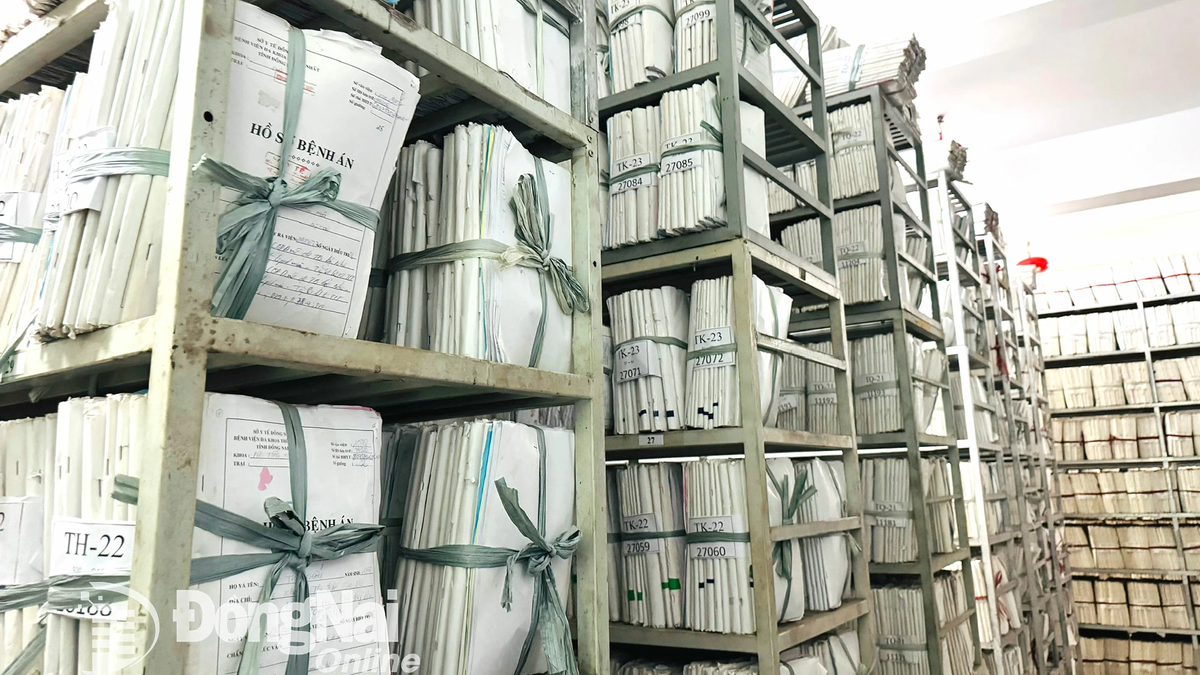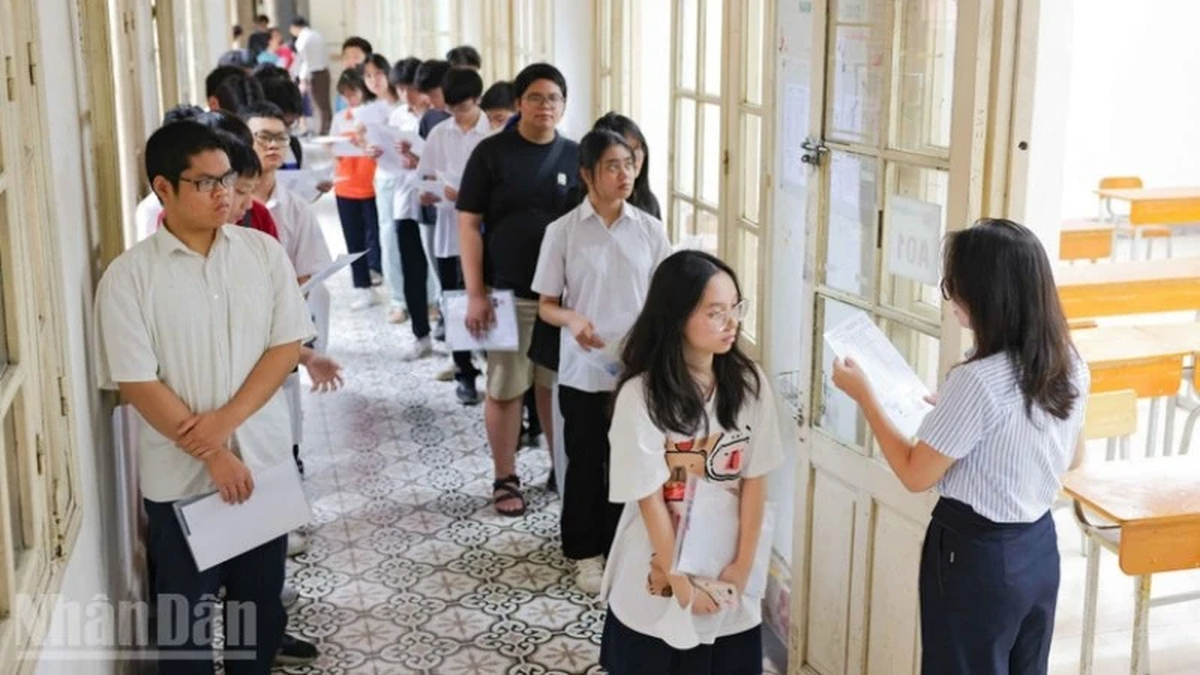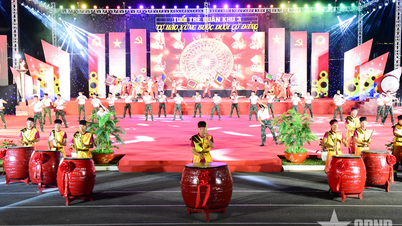Writing for the Royal Poinciana season
You're gone, the royal poinciana flowers burn high up
Red eyes on a sunny afternoon
The flower cluster is not sour but bitter
I limped across the school yard.
In front of me is the sunset
Behind is the door of the examination room locked hastily.
Dusty tables, chairs and blackboards
Crumpled paper thrown at the end of the exam...
My seat is still there.
Long sun streaks imprinted on the chair
Which morning is the first time you are late?
Shaking shoulders, oil-stained hands...
You're gone! The red phoenix flowers are high up in the sky.
Keep burning the unsaid things
The afternoon sun kept shining regretfully
The price of the past... Don't mention it! Summer is over...
PEACH ORCHID

Every time summer comes, when the royal poinciana trees spread their bright red branches over the schoolyard, it is also the time when many old feelings and memories are awakened. “Writing for the Royal Poinciana Season” by Dao Phong Lan is such a poem, gentle yet poignant, simple yet moving, evoking in the reader a feeling of melancholy, regret, and unnamed nostalgia.
Right from the opening sentences, the image of the royal poinciana season has appeared hauntingly:
You're gone, the royal poinciana flowers burn high up
Red eyes on a sunny afternoon
Royal poinciana flowers often appear during the exam season, the season of farewell, as a silent witness of a feeling that has not yet been expressed in words. The image of a “burning cluster of royal poinciana flowers” evokes a bright, intense red color. That red color seems to be engraved in the eyes of the person who stays behind, stinging the corners of the eyes, blurring the vision. The sun is shining on the eyelids of the person standing in the middle of the empty schoolyard. A bitter feeling permeates every word:
The flower cluster is not sour but bitter
My steps were limping in front of the school yard.
When tasting that cluster of royal poinciana flowers, one can feel a part of the memory, which seems sweet but turns bitter. Perhaps because of the separation, because of the unspoken words or because every summer leaves a void in the hearts of young people, the poet has such feelings.
The space in the poem gradually expands from the school yard, the exam room, the blackboard, the chairs... Everything is like a familiar picture of student life that is now covered with a layer of dust of separation and memories:
Dusty tables, chairs and blackboards
Crumpled paper thrown at the end of the exam…
Dust covers memories, dust covers time, but in the hearts of those who stay, everything is still intact, still exists as if it were yesterday.
A small but very beautiful and delicate detail:
My seat is still there.
Long streaks of sunlight are imprinted on the chair...
That streak of sunlight is the trace of a class, an afternoon, a furtive glance, a bit of shyness… Now, there is only sunlight, chairs, and empty space. That imprint is like a trace of presence, of an indelible memory. That “long streak of sunlight” is not only light, but also a shadow, a part of the memory of the person sitting and watching.
The poem continues to lead the reader through flashbacks, in a slow, gentle, yet emotional narrative voice:
Which morning is the first time you are late?
Shoulders shaking, hands stained with oil...
A trivial memory, seemingly insignificant, but it becomes a string that holds people’s hearts. It is the image of a schoolgirl who is late for school for the first time, panicked, confused, dirty… But perhaps that very moment becomes a milestone, an indelible “mark” in the hearts of those who watch.
The refrain “You’re gone!” repeats, like a call echoing in the emptiness. The cluster of royal poinciana flowers high up still “burns with unsaid things”, still brilliant, still passionate, but people’s hearts have not had time to say words of love, have not had time to express, have not had time to grasp. Summer comes, summer goes, and with it comes regrets, “if only in the past…”, unanswered questions.
And then the ending is a sigh, a word to oneself:
Old price…
Stop mentioning it! Summer is over...
An ellipsis, a pause like a pause. The poet tells himself not to mention it anymore, but that very reminder is a reminder. Summer has ended, flowers have fallen, people have gone, only the smoldering nostalgia remains, only a season of red phoenix flowers remains in the hearts of those who stay, once a year it comes back, again excited, again aching.
“Writing for the Royal Poinciana Season” by Dao Phong Lan is not a long poem, does not have many flowery sentences, and does not use overly elaborate images. But it is this simplicity that creates the power to move.
Dao Phong Lan’s poem is the common voice of many generations of students, a story that anyone who has gone through the time of white shirts can see their own image in. Each verse is like a piece of memory with afternoons, a school yard, a cluster of royal poinciana, a gaze that has not dared to look, a word that has not dared to say, a hand that has not had time to hold… Everything quietly passes by, leaving only “a long streak of sunlight imprinted on the chair” and a nameless nostalgia.
When reading the poem, no one can help but be moved. Moved because they see a part of their youth there. Moved because of the unfinished things, the regrets that have not been fulfilled. Moved because they understand that every summer will pass, people will leave, only the royal poinciana flowers still bloom every summer, still bright red in a corner of the school yard, still reminding those who stay of a time long gone.
“Writing for the Royal Poinciana Season” is not just a poem about one person, one love. It is a poem about the final days of school, about the exam season, about the sound of cicadas, about the bright sunlight… It is a poem about student life, about dreams, about hesitation, about pure and passionate feelings.
HOANG HUONGSource: https://baohaiduong.vn/rung-rung-mua-hoa-hoc-tro-411123.html





































































































Comment (0)